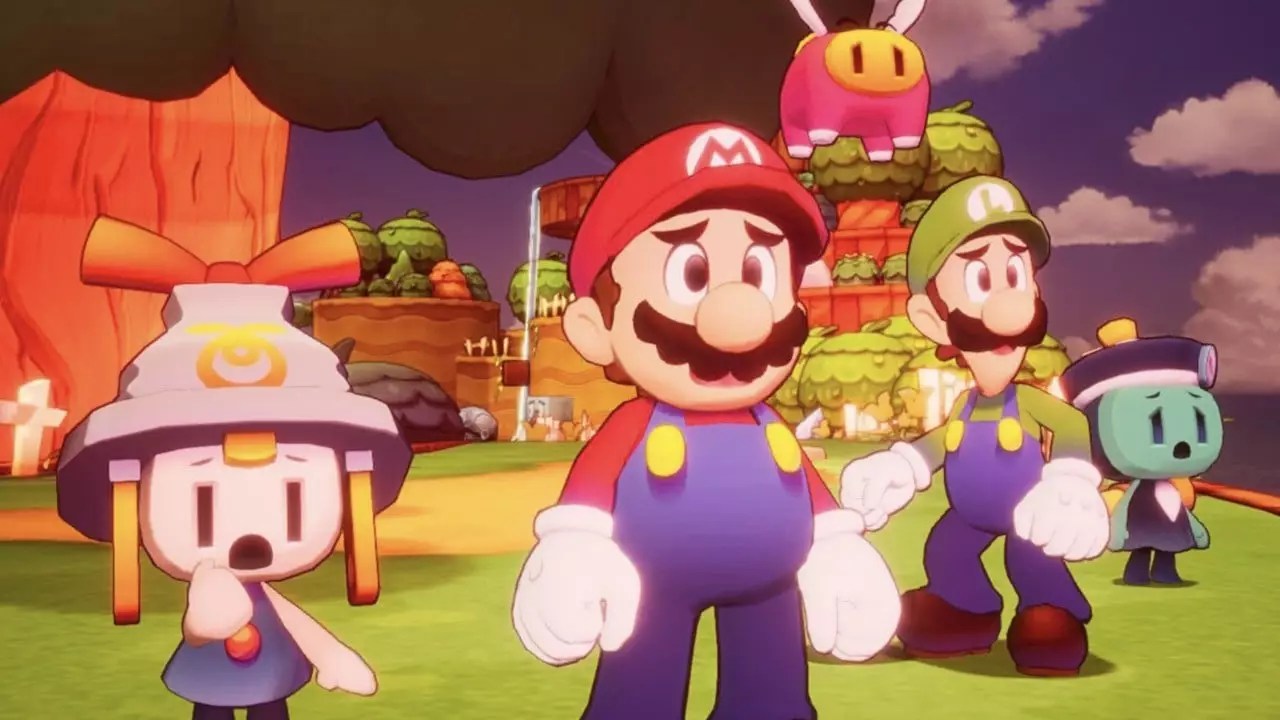The art of naming a video game is an intricate dance between branding, concept, and market strategy. In a recent revelation, the collaboration between developer Acquire and Nintendo exemplified this complexity as they brainstormed for potential titles for what is now known as Mario & Luigi: Brothership. The teams reportedly explored over 100 names before honing in on ‘Brothership’, showcasing a rigorous and creative approach to title selection.
Indeed, producer Akira Otani disclosed in an interview with Nintendo Dream that one of the prime contenders was ‘Mario & Luigi Wonder’. Interestingly, this idea was cast aside upon the unexpected early release of Super Mario Bros. Wonder on October 20, 2023. For Otani, adding “Wonder” to the title seemed natural, but the timing of Super Mario’s release forced a reevaluation of the name. This incident highlights the unpredictability of game development, where external factors like competing titles can dramatically alter internal decisions.
The eventual title ‘Brothership’ reveals layers of thematic resonance, emphasizing the deep bond between Mario and Luigi as brothers, while also playing on the notion of friendship. The term ‘ship’ not only evokes the imagery of a vessel, connected to the in-game setting of their ship island, but also signifies a communal bond among characters. This duality of meaning enriches the game’s narrative framework, potentially leading to a more engaging player experience where themes of connection take center stage.
Otani’s enthusiasm for the title underscores its appropriateness in encapsulating the game’s spirit. He considered it a perfect fit due to its dual implications, suggesting that it enhances the storytelling aspects of the game. Thus, the composition of a game title is not merely a marketing decision; it is deeply tied to the essence of the game itself.
One of the most intriguing aspects of this title saga is the suggestion that the developers were unaware of the impending release of Super Mario Bros. Wonder. Such an assertion raises eyebrows, especially since renowned producer Takashi Tezuka played significant roles in both projects. It is unlikely that efficient communication wholly broke down between the teams. This misalignment hints at either a protective shroud of secrecy that often envelops game development or simple miscalculations in release timing.
Regardless of the exact circumstances, this amusing overlap serves as a reminder of the ever-evolving landscape of video game production. Game developers are constantly faced with challenges, making the necessity for adaptability paramount.
In retrospect, while ‘Mario & Luigi Wonder’ may glide off the tongue easily, the final decision to adopt ‘Brothership’ seems to resonate more profoundly with the game’s core themes. Titles should evoke a sense of curiosity and connection, and ‘Brothership’ delivers on those fronts. As fans continue to weigh the impacts of titles in gaming culture, it remains clear that every choice made during development composes a larger narrative that players will ultimately engage with. What remains to be seen is how successfully these themes translate into gameplay, and whether players will embrace the unique title choice as much as the team intended.


Leave a Reply